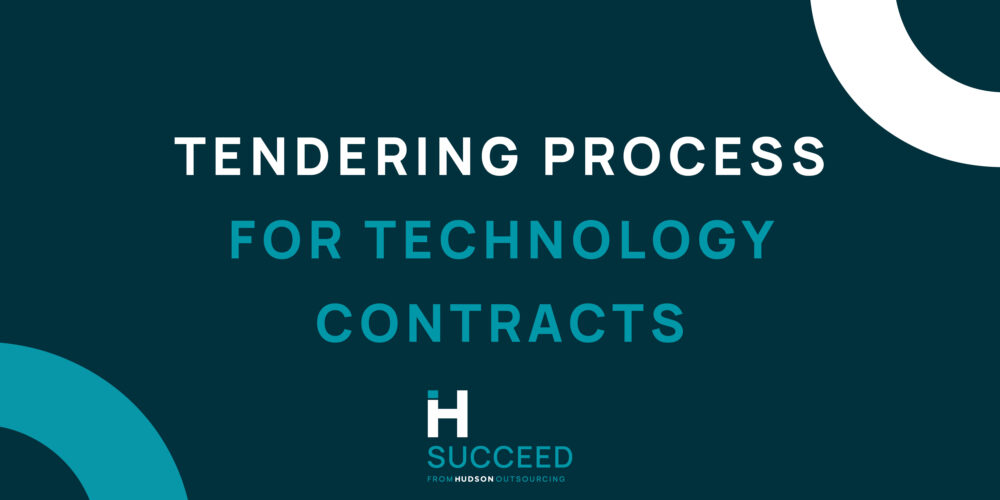Have you considered enlisting a critical friend?
[Last modified: July 2021]
A critical friend is typically an external person who will challenge you by asking provocative questions and introducing ideas. Sometimes when you work closely on a project, you can lose sight of the original aims. An external critical friend can take a step back and see the project from a fresh perspective. As they are not an internal employee, they are more able to offer frank and honest feedback.
Sometimes, being a business owner is a lonely occupation. All your employees have a vested interest in the outcome of your decisions. This can make it difficult to ask questions and get impartial answers.
In our world, the world of tendering and procurement, a critical friend can be paramount to submitting winning bids.
How do you know if you need a critical friend?
If you are producing tender responses in-house, it can be difficult to take a step back and evaluate your process. If you are submitting bids but not seeing success, it’s likely that there is room for improvement in your procedure.
Alternatively, if you are new to the tendering process, submitting your first bid can be daunting. You have likely spent hours and hours formulating your responses. It’s easy to doubt yourself when faced with the imposing ‘submit’ button.
By enlisting the help of a critical friend, you will spend less time guessing and more time proactively bidding.
Common mistakes when you don’t ask for help
It is unreasonable to assume that your methods are always perfect without any room for improvement. We are all human and it’s likely that a second pair of eyes would identify issues that you have missed.
In our experience, we have seen the following mistakes in tenders that didn’t undergo a second review;
-
Inconsistencies
This is especially the case with large bids. If the tender requires a 10,000+ word response, it’s highly likely that you won’t finish the work in one day. Typically, as Bid Writers, we aim to write 2,000 words per day. This means that even for experienced writers, a bid this size will probably take around 5 days to complete. Therefore, some inconsistencies are predictable. Without putting the work through a second proofing stage, these inconsistencies will remain for the buyer to see.
A lack of attention to detail raises red flags with buyers and you will risk losing the bid.
-
Spelling and grammatical errors
This type of error signals that your bid was probably rushed. Spelling and grammatical errors tell the buyer that your organisation isn’t focussed on producing high-quality work. Regardless of the compelling experience you demonstrate, these errors will raise concerns for the buyer.
-
500 words of waffle
If a question asks for a 500-word response, it’s normally for a reason. The buyer wants you to go into detail. Therefore, we always advise filling the space with the word count required. However, this doesn’t mean providing one highly detailed sentence and then waffle irrelevantly, never reaching a conclusion. It means crafting 500 words of rich, thorough content that answers the question. Without a second pair of eyes, you risk ‘bid blindness’. In other words, your desire to win the contract blurs your focus on what the buyer is actually asking. A critical friend will be able to identify this and highlight inconsequential sentences.
How can a critical friend help you win bids?
We have briefed over the reasons for working with a critical friend. Now, let’s dive into the benefits in terms of tendering for contracts.
If you are familiar with the tendering process, you will know that it can be challenging. Even the most experienced organisations will come across tenders that they need extra support with. Whether it’s advice or help to assess how they have interpreted the question, a critical friend can provide this support.
Acting as the buyer
A critical friend can act as a practice buyer. You can submit your tender responses and the specification for a practice evaluation. The critical friend will take on the role of the buyer. They will fully digest the specification to understand what the buyer is looking for. With this information, they can then evaluate your responses from the buyers perspective. They will consider;
- If you have answered the questions, providing the most detailed responses you possibly can.
- Whether you wasted word counts on waffle that could be replaced with high-quality content that scores top marks.
- Your sentence and response structure. Does it make sense, or could your points be made clearer?
- If you have skimmed over any particularly impressive experience that could be expanded on.
- Inconsistencies, spelling or grammatical errors.
- If you have misunderstood the buyer’s question.
- Whether your bid will stand out, impress the buyer and persuade them to award the contract to you.
- If you have properly labelled appendices and supporting documents throughout so that they are easy to refer to.
Advising if this is the right bid for you
Sometimes, businesses simply need a second pair of eyes to help make their bid or no-bid decision. A contract might sound perfect at the surface, but on closer inspection, it could be unsuitable for your business. There are many factors that can determine the viability of winning and delivering a contract. Here are just a few things to consider;
-
Your eligibility
You won’t always be eligible to bid for every contract you find. In the public sector, the buyer could require a minimum turnover threshold. If this is the case, be sure to assess your suitability before proceeding further with the process. If the threshold isn’t specified but the buyer has provided a budget, you can use this as an eligibility guideline. As a general rule, we only advise tendering for contracts with a budget of half your annual turnover – maximum. This is usually a good indicator of whether you will be able to deliver the contract to the standard required.
In the newly published green paper for reforming the procurement procedure in the UK, one proposal revolves around exclusion. It suggests that government organisations will be able to exclude businesses from bidding if they have underperformed previously. You don’t want to risk future exclusions by bidding too big and underachieving.
-
Demonstrable experience
When tendering for work in the public sector, buyers will often ask for three relevant case studies. Here, they want to see your previous experience, challenges you have faced and how you overcame them. This will help the buyer to determine your capability. If you don’t have the required experience, we wouldn’t recommend pursuing your bid. It’s likely that you will waste time and resources for an unsuccessful outcome.
Top tip: If you have never tendered for work before, we would recommend developing your case studies in advance. Focus on the services you want to provide and create case studies that demonstrate your competency.
If you need support with creating compelling case studies, we offer support as part of our Tender Ready package.
-
Your capabilities
Reading the full specification will help you to determine your capability to deliver the contract, should you be successful. For example:
Contract title: Home care support packages
Budget: £500,000
Description: Local authority seeking to establish a contract with a provider of home care services across London, Birmingham and Yorkshire.
Deadline: 01-02-2021
Initial considerations you should make:
- Do you turnover at least £250,000?
- Do you have at least three case studies to demonstrate your capabilities of delivering home care services?
- Can you meet the location requirements? Do you have the infrastructure to deliver services across a range of locations?
- Can you compile a compelling, high-quality tender response in this time frame?
Ultimately, the aim is to use your time wisely. Don’t waste time and resources bidding on projects you can’t win or can’t deliver.
Tender Mentor
Our Tender Mentor service is your critical friend. This is our guide and review service, ensuring that you submit an effective, error-free bid.
At Hudson Succeed, our team have sat on both sides of the procurement table. They know what it takes to submit a compelling bid and they are on-hand to help you do just that.
Upload your written responses and the tender specification for a full review.
More bid writing support
If tendering for work is part of your 2021 strategy, we would strongly recommend enlisting a critical friend. However, there are also other avenues of support available to you. Our services are comprised of;
- An ad-hoc Tender Writing service, from asking clarification questions, to crafting responses and submission;
- Support to become Tender Ready including the creation of important corporate literature and access to tender tracking software;
- Our Tender Improvement package to help you increase your bid success rate.
For more information about how we can help your business grow this year, please get in touch.
Thank you for following our Getting Ready Series! We hope you were able to pick up some helpful tips about bid writing to kickstart your tendering strategy next year.
We’ll be back in the new year with more weekly tips and advice.
Find more helpful tips and advice in our blogs. We cover topics including:










